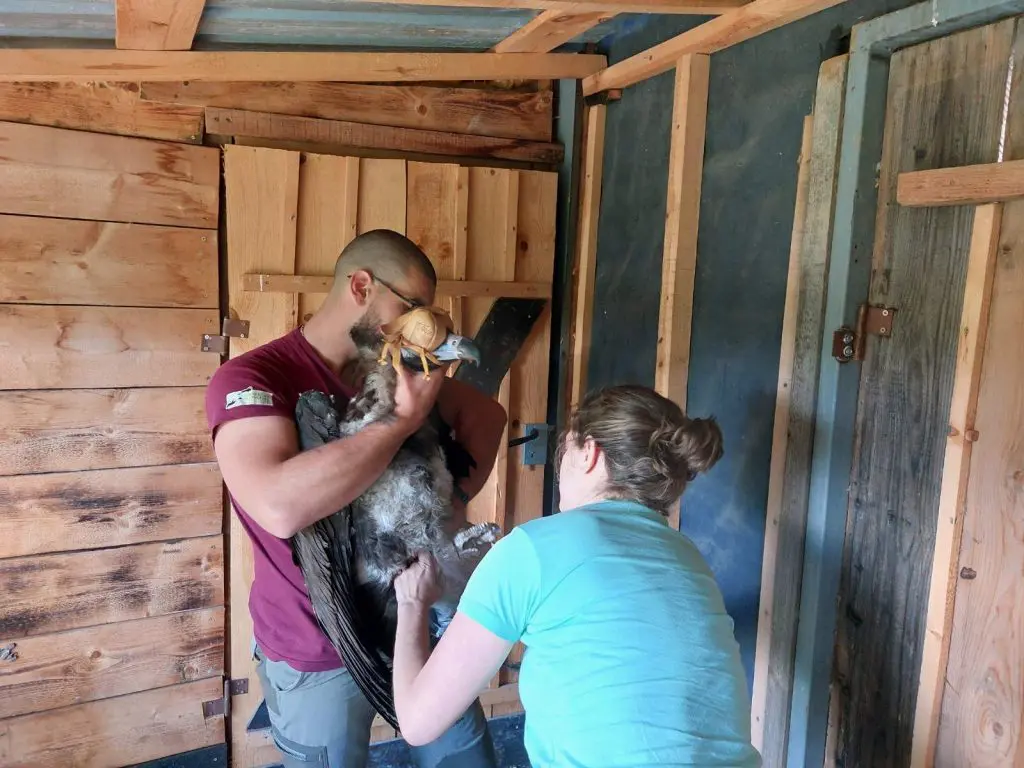The 3rd Adriatic Flyway Conference took place from the 19th until the 23th of March in the National Park of Frushka Gora, Serbia. This conference, organized by the Bird Protection and Study Society of Serbia (BPSSS) and EURONATUR, gathered more than 80 participants, representing over 15 organization working on bird conservation in the region, to share best practice and new information on migratory bird monitoring and conservation actions within the Adriatic Flyway. This International Adriatic Flyway Conference provides an important platform for bird conservationists in the Balkans. Amongst other things, the meeting analysed the existing and prospective network of areas in which the hunting of birds is banned.
The VCF was present at this conference, presenting the recently-approved Flyway Action Plan for Conservation of the Cinereous Vulture and also the new Balkan Anti-Poisoning Project (BAPP), which was officially launched here. The BAPP project, coordinated by the Vulture Conservation Foundation and funded by the MAVA Foundation, aims to secure real and continued engagement of the relevant national authorities against illegal poisoning and increase their capacity to counteract it. Starting from now several actions in 5 Balkan countries (Albania, Bosnia and Herzegovina, Croatia, Macedonia and Greece) will help tackle the illegal use of poison, by exploring the drivers for poison use and the negative impacts on wildlife. The project will work with national nature conservation NGOs and relevant authorities to develop (where they do not exist) or enhance national road maps.
The kick-off meeting of this project was also organized during the Adriatic Flyway Conference, where project partners from each target country were identified and the implementation of the first-year actions discussed in detail.
Poison baits (often against predators of livestock) is the main threat to vultures worldwide, as the Vulture Multi-species Action Plan (Vulture MsAP) – a global strategic blueprint identifying priorities and actions to conserve 15 species of old world vultures, approved recently in the conference of the parties of the Convention for Migratory Species, has clearly identified.
The VCF is particularly active in fighting this threat and is implementing several projects across Europe including many actions against poisoning – now, over the next 2 years, we will focus on the Balkans, where concurrent vulture conservation projects, including the reintroduction of the cinereous vulture to Bulgaria, are taking place.






